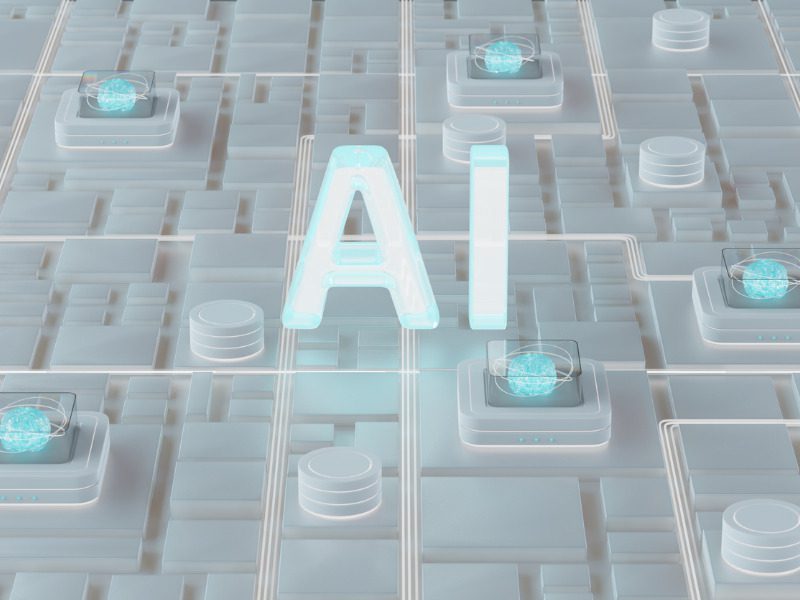How the industry is using GenAI

Canadian insurance industry players are using generative AI (GenAI) not just to simplify tasks like ‘traditional’ artificial intelligence, but for a variety of applications ranging from marketing and fraud detection, to legal documents, speakers said during a recent industry event.
GenAI is being leveraged to log and collect data from new cyber security tools, which have massive amounts of metadata that would be impossible for individuals to get through, Ridge Canada president and CEO Greg Markell shared.
“So, layering in some of the GenAI and training the models appropriately to really focus in on what the threat vector is currently, how different ransomware-as-a-service groups as operating, and where they’re going,” Markell said during a panel discussion at AM Best’s Canada Insurance Market Briefing in Toronto. “Some of the larger security companies we know are building some of this into the overall product suite.”
Markell added he’s also using GenAI for legal documents, such as certain simple disclosure requirements and warranty statements.
“I can put a product in front of our lawyers and reduce the time spend that is required to look at some of the actual program development and language that we’re using day to day.”
Simply put, GenAI is artificial intelligence capable of creating a wide variety of data, such as images, video, audio, text and 3D models. One well-known example is large language model chatbot ChatGPT.
Related: How generative AI is enabling cyber criminals
But industry players need to be careful with GenAI, cautioned Janet Weldon, assistant vice president of data strategy and enablement with Sun Life.
“If anybody, even with the best of intentions, takes a snippet of code or a brand logo and puts it into ChatGPT, it’s now available as part of that large language model going forward,” she said.
“Education is such a really important part of this – that all of the employees across those organizations know how that input to the conversation is being used to create future outputs and how to safeguard against IP and client data being shared.”
That said, Sun Life uses GenAI as an employee assistant, similar to traditional AI.
“How can we simplify some tasks so that person can do higher-value, more strategic work?” Weldon asked. “That’s where GenAI can, I think, really have an impact in the short-term.
“In the longer-term, it’s going to start to be more disruptive… but in the shorter-term as an assistant, it’s proven to be very effective because you need that human in the loop to look at the output, think critically about whether or not that outlook makes sense.”
Weldon said GenAI is also being used experimentally for code generation, content and image generation for marketing purposes, and anomaly and fraud detection. “That conversational nature is what makes generative AI unique compared to other AI that’s out there,” she said.
“We’ve seen the update on GenAI like nothing we’ve ever seen before,” Weldon said. “But as enterprises are now looking at this, we’re really looking at finding that healthy tension between innovation and risk management.”
Feature image by iStock.com/a-image



